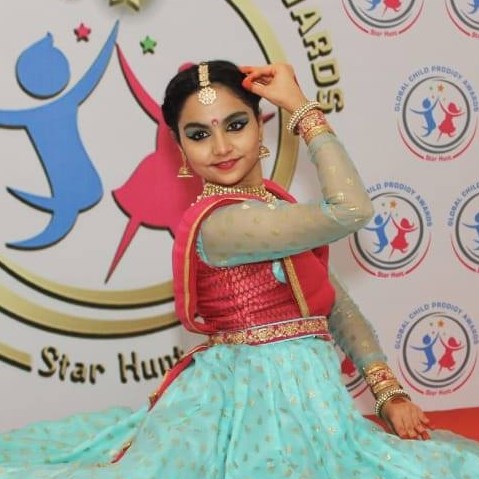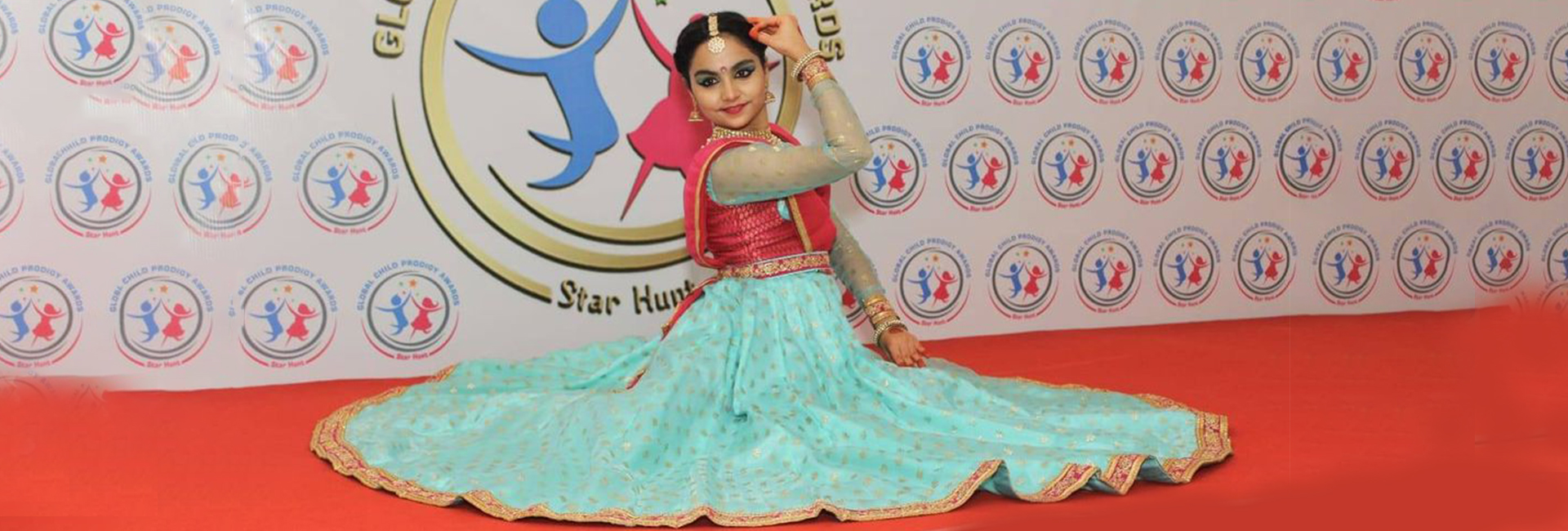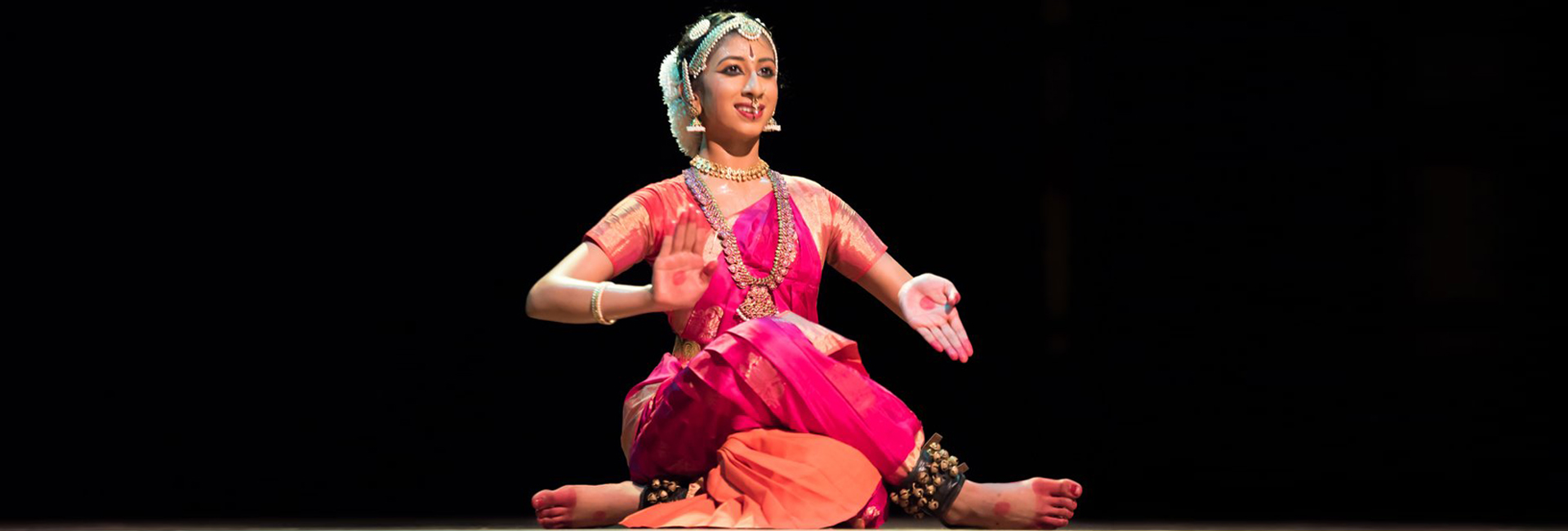(December 11, 2022) It was just to attend a rehearsal for the upcoming event that Padma Vibhushan, Pandit Birju Maharaj – one of the most eminent Kathak exponents – had come to Delhi that day. However, the events that unfolded gave the country a young and exceptionally talented Kathak dancer, Vriti Gujral, who is now taking this Indian classical dance form to the world. Impressed by the grace of then eleven-year-old Vriti, Pandit Birju Maharaj invited the young artist to perform during his show at the World Cultural Festival – a solo, seven-minute-long Kathak recital.

Vriti Gujral, Kathak exponent
The dancer, who is 16-years-old now, has since performed on various national and international stages and has won numerous awards, including the prestigious Global Child Prodigy Award. “I have been performing kathak for the past eight years. So, it is like a part of me now. It’s not that when I practice kathak only then I’m into dance, but I instead carry it into my everyday life. I have learned many things from the dance form, and it undoubtedly affects my life,” the young Global Indian said during an interview.
Born to dance
Vriti’s journey as a dancer started at the age of six, when her mother enrolled her in a music institute. “My mother always wanted me to explore myself in areas beyond academics as well. So, she took me to an institute where they gave three classes – western dance, piano, and kathak. I liked the other courses, but I was fascinated by them when I saw dancers wearing ghungroo and performing kathak. That was precisely what started the spark in me. When I started learning it, I became more passionate about it. I began exploring other aspects of kathak, such as the chakras, footwork, and abhinaya,” the young dancer shared.
Soon, the youngster took to various stages and won the hearts of many maestros. However, it took a major turn in 2016, during the auditions for World Cultural Festival. Over 37,000 artists performed in Delhi during this festival, however, it was Vriti who grabbed the attention of Pt Birju Maharaj. However, all was not so rosy. The long rehearsal hours took a toll on the young dancer’s health. But, Vriti was determined to brave all the odds. On the day of her performance, the dancer went on the stage with a bandaged blister, her feet throbbing in pain. “I remember my blisters were painful. But once I was on the stage, and the spotlight fell on me, I forgot all about it,” she shared. Her performance at the Vasantosav festival ended with thunderous applause and earned her invitations to several other dance festivals.
Following her passion
Vriti’s perfection of mudras and flawless expression earned Vriti a scholarship from the Centre of Cultural Resource and Training (CCRT), India. In 2020, the youngster received the Global Child Prodigy Award, for her exceptional dancing talent in Kathak. A student of esteemed kathak exponent, Pandit Barun Banerjee, Vriti dreams of becoming a professional dancer, just like her idol Pt. Birju Maharaj, and take kathak to a level where today’s generation can not only enjoy it but also aspire for it.
“I want to be a professional classical dancer and a choreographer. I aim to take the Kathak dance form to the biggest international stages. We know that the young generation finds it difficult to relate to kathak and thinks it’s boring. I wish to break these stereotypes and ensure that they relate to it as it’s our heritage, and we have to take it ahead,” the young dancer said.




